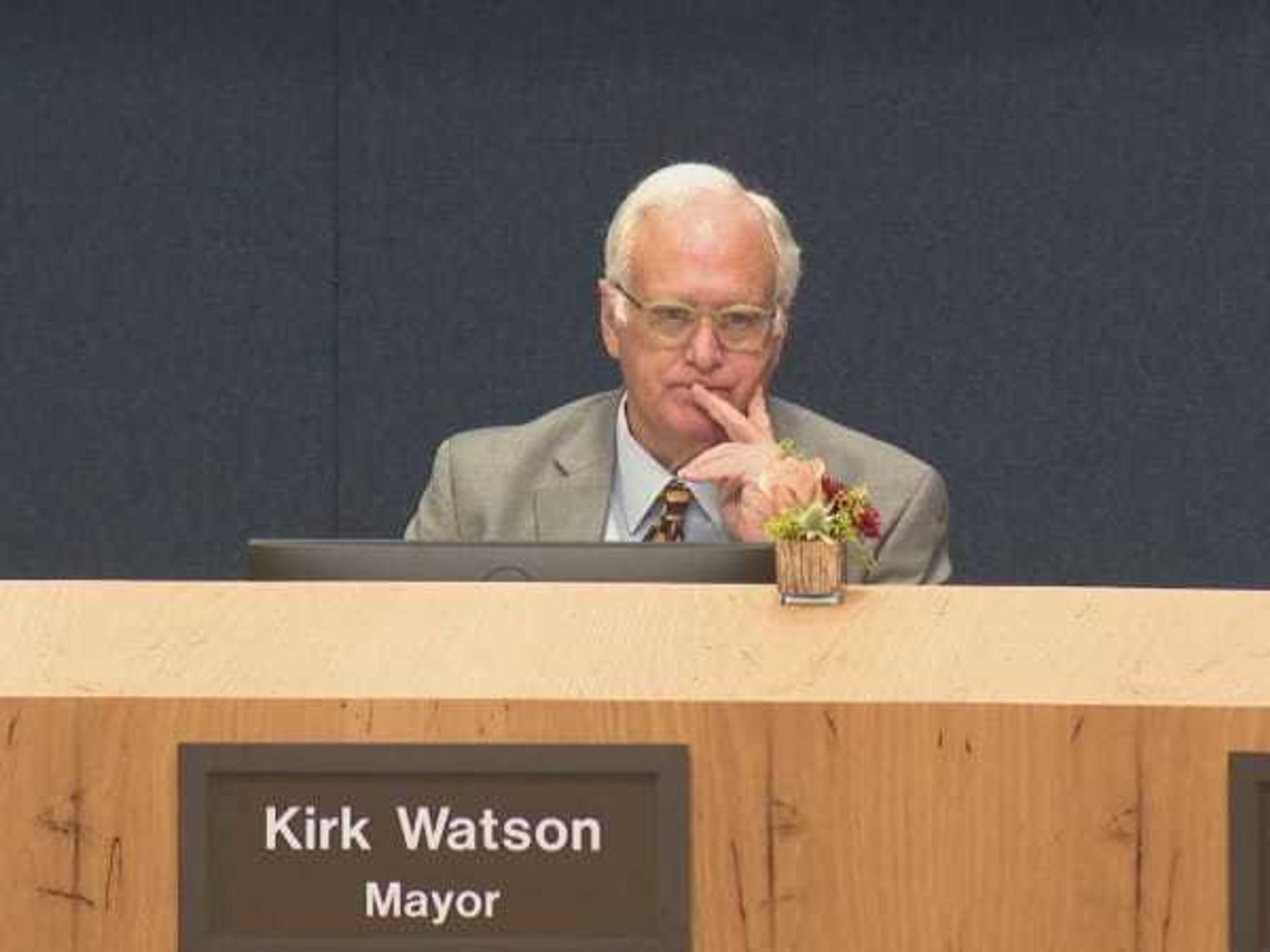Making Strides
Walking with hope that a cure for ALS will be found
- Walk to Defeat ALS starting line.Photo by Meredith Rainey
- Walk to Defeat ALS starting line.Photo by Meredith Rainey
- Megan Nicholson and the rest of Tim's Trekkers walk in her father's memory.Photo by Meredith Rainey
- Melinda Vasek and Team Protect AmericaPhoto by Meredith Rainey
- Walking in remembrancePhoto by Meredith Rainey
- One of Dave's little warriors.Photo by Meredith Rainey
- Making strides for ALS researchPhoto by Meredith Rainey
This is the 20th article I've written for CultureMap and it's been, by far, the most emotional one for me to write. I went to Mueller Lake Park Saturday to help give a voice to those suffering from the disease that took my daddy from me far too soon. Today, I got a much clearer picture of just how—and how many people—ALS affects. I also found strength in the fact that those who came out to participate in the Walk to Defeat ALS all seemed to have one thing in common: hope.
Megan Nicholson also lost her father to ALS and walked in his memory. Her team, Tim’s Trekkers, wore shirts that read “hope, love, walk.” She told me, “Ultimately my end hope for all of this is that nobody has to hear the ALS diagnosis and bury their loved ones.”
Bob Hebner has lost four family members to the neurodegenerative disease also known as Lou Gehrig’s Disease; his brother, sister, father and uncle. He says he’s anxious for a cure because he has seen several times the effect ALS can have on not just the patient, but also their family. “The emotions that go with it are very devastating. You know that they’re going to die but you know that it’s going to take a long time and they’re going to go through a lot of emotional trauma. You’ve got to be there to support them. You have to find a way to live with ALS and not just die from ALS,” Bob says.
Without a cure, the ALS Association says 30,000 Americans living with ALS will die from the disease. It is always fatal. The life expectancy after diagnosis is two to five years.
Because ALS affects the whole family, adults, babies, children and even a few dogs participated in Saturday’s Walk To Defeat ALS at Mueller Lake Park. One of the largest teams I saw was Team Protect America. Just a day after Veterans Day, Melinda Vasek and her family and friends walked in honor of her brother, Bob Zach, who served in the Navy in Iraq and Kuwait. “When I found out something was wrong with him, I thought the worst thing I could ever hear was cancer. And then when I heard it was ALS I thought, at least he would have had a shot with cancer.”
“When I found out something was wrong with him, I thought the worst thing I could ever hear was cancer. And then when I heard it was ALS I thought, at least he would have had a shot with cancer.”
I asked Melinda about the emotional impact of her brother’s illness. “It’s indescribable. I mean you worry about the finances.You worry about his children. You know just the people that just have to watch him suffer. And then you worry about him worrying about us suffering with him and it’s devastating.”
Her brother was diagnosed at 40 and is now completely incapacitated and on a ventilator. “And just like the shirts say, we walk because we can. They didn’t ask for this disease and they probably never fathomed getting it, but we’re here to find a cure for them.”
This year’s Austin Walk to Defeat ALS may be over but the journey towards a cure continues, one step at a time.
---
The ALS Association provides support for ALS patients and their families. It says there have been several advances in ALS research in the past year, including the identification of a gene associated with familial or inherited ALS. If you’d like to learn more about the disease and the efforts to find a cure, you can log onto the ALS Association website www.alsa.org







